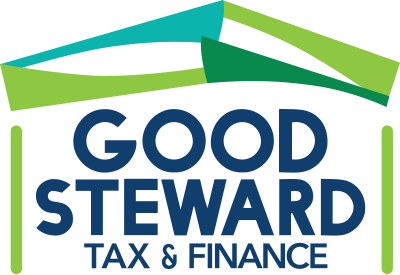Strategies to Reduce Your Personal Income Taxes
For many individuals, navigating the complexities of personal income taxes can be daunting.
However, with careful planning and awareness of available strategies, it's possible to minimize your tax bill legally and effectively. Here are some actionable tips to help you reduce your personal income tax burden:
Contribute to Retirement Accounts: Maximize contributions to tax-advantaged retirement accounts such as 401(k) plans, IRAs, or self-employed retirement plans like SEP-IRAs or SIMPLE IRAs. Contributions to these accounts are often tax-deductible, reducing your taxable income while helping you save for the future.
Take Advantage of Deductions: Identify and utilize available tax deductions to lower your taxable income. Common deductions include mortgage interest, property taxes, state and local income taxes (or sales taxes), medical expenses exceeding a certain threshold, and charitable contributions.
Utilize Tax Credits: Tax credits directly reduce your tax liability dollar-for-dollar, making them highly valuable. Explore credits like the Earned Income Tax Credit (EITC), Child Tax Credit, Education Credits, and Renewable Energy Credits for potential savings.
Employ Flexible Spending Accounts (FSAs) and Health Savings Accounts (HSAs): FSAs and HSAs allow you to set aside pre-tax dollars for qualified medical expenses, effectively reducing your taxable income while covering healthcare costs.
Consider Tax-Loss Harvesting: In investment portfolios, strategically selling investments that have experienced losses can offset gains and reduce your taxable income. Be mindful of wash sale rules when implementing this strategy.
Plan for Capital Gains and Dividends: Depending on your tax bracket, holding investments for longer periods can qualify you for lower long-term capital gains tax rates. Similarly, consider investing in tax-efficient funds or accounts to minimize taxes on investment income.
Review Tax Withholding and Adjustments: Regularly review your tax withholding to ensure it aligns with your tax liability. Adjustments may be necessary following significant life changes such as marriage, divorce, childbirth, or changes in income.
Consult with a Tax Professional: Tax laws and regulations are complex and subject to change. A qualified tax professional can provide personalized guidance and help you identify additional tax-saving opportunities specific to your financial situation.
By implementing these strategies and staying informed about tax law changes, you can effectively reduce your personal income tax bill and keep more of your hard-earned money in your pocket. Remember, proactive tax planning is key to maximizing savings and achieving financial goals.
We can help you get more bang for your buck.
Check in with us for more tax saving advice.
Photo by Prateek Katyal on Unsplash

